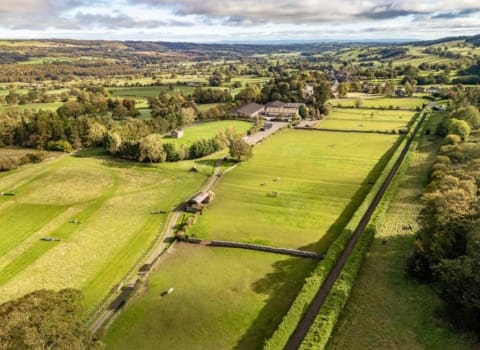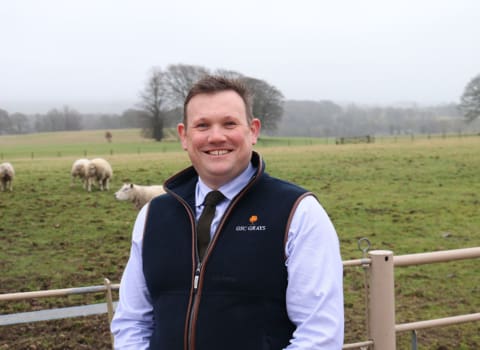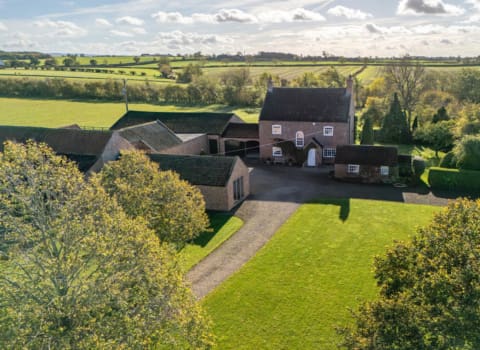Contact our offices
Main office
COLBURN
5 & 6 BAILEY COURT
COLBURN BUSINESS PARK
RICHMOND
NORTH YORKSHIRE
DL9 4QL
Estate Agency Offices are located in
BARNARD CASTLE, BOROUGHBRIDGE & RICHMOND
Residential Management Team
Our Offices
- Alnwick
01665 568310
Email Officealnwick@gscgrays.co.uk - Barnard Castle
01833 637000
Email Officebarnardcastle@gscgrays.co.uk - Boroughbridge
01423 590500
Email Officeboroughbridge@gscgrays.co.uk - Chester-Le-Street
0191 3039540
Email Officechester-le-street@gscgrays.co.uk - Colburn
01748 897630
Email Officecolburn@gscgrays.co.uk - Driffield
01377 337180
Email Officedriffield@gscgrays.co.uk - Hamsterley
01388 487000
Email Officehamsterley@gscgrays.co.uk - Hexham
01434 611565
Email Officehexham@gscgrays.co.uk - Kirkby Lonsdale
01524 880320
Email Officekirkbylonsdale@gscgrays.co.uk - Penrith
01768 597005
Email Officepenrith@gscgrays.co.uk

Farmers must adapt or be left behind
Across the UK, farmers are facing an unsettling reality as the reliable support they once depended on is slipping away. Direct support payments that kept many businesses afloat are being phased out and the replacement schemes feel uncertain, complex and in many cases, out of reach. For some, this transition means confusion and for others, it feels like being left behind.
What’s happening isn’t just another policy adjustment – it’s a major reworking of how agriculture will be funded in Britain. If farmers can’t adapt quickly, the fallout could be devastating for both livelihoods and rural communities. The message is becoming clearer by the day: long-term security through government support is no longer guaranteed.
Set against this backdrop, ministers are promoting the 2025 Spending Review as a show of strength, with £2.7 billion pledged annually for farming and environmental initiatives. At first glance, that sounds like a win. Promises of expanded Environmental Land Management (ELM) schemes, alongside investment in innovation and nature recovery, appear encouraging. But beneath the surface, the sums don’t add up. The National Farmers Union has already flagged a £100 million real terms cut to the Farming and Countryside Programme. Meanwhile, delinked payments, which were once a vital lifeline, are vanishing quickly. By next year, the maximum payout will be £600, a token amount that falls far short of meaningful support.
The Spending Review makes two things clear. First, the overall budget for the sector is not increasing, with little clarity on funding beyond the current two year commitment. Second, the delivery of that funding is so unpredictable that even the most seasoned risk-takers would hesitate to rely on it. Yet many farmers are still hoping the decision will be reversed or that new schemes will replace the lost support. These new schemes are often complex, competitive and inaccessible. The Sustainable Farming Incentive (SFI) has been criticised for its bureaucracy and not paying enough, and its sudden closure highlighted the vulnerability of such schemes.
It’s clear that relying on future schemes to drive profitability is a dangerous game. I’m acutely aware of the heavy dependence on stewardship in many regions, particularly in the uplands. It’s likely that future support will concentrate on areas where investment has already been made through Higher Level Stewardship and Higher Tier agreements. As those agreements expire, they may be prioritised for renewal or replacement. For those of us without current agreements, the decision is whether to take the risk of relying on subsidies or to take control and run our businesses without them.
This isn’t to say we should ignore future schemes altogether. If a programme contributes to the business model and adds genuine value, it’s worth considering. But such payments must be viewed as the icing on the cake, not an integral part of a farmer’s business strategy. Farmers need to try new ideas, plan ahead, diversify income streams and make their businesses financially stronger.
This is easier said than done, but a renewed focus on operational efficiency is a good place to start. Whether it’s tightening control over costs, improving fine margins, or exploring joint ventures to achieve economies of scale, there are practical steps which together can make a real difference.
The days of guaranteed payments are over.
The future will be challenging but also full of opportunities for those who are ready to change. The government’s shift to funding based on results isn’t necessarily a bad thing. It’s part of a wider global push for sustainability and accountability. But it does mean farmers now need to be business people, caretakers of the environment and innovators, as well as food producers. The ones who adapt will be best placed to succeed.
The Spending Review should serve as a warning. The question is no longer “What will the government do for us?” It’s “What can we do for ourselves?”










